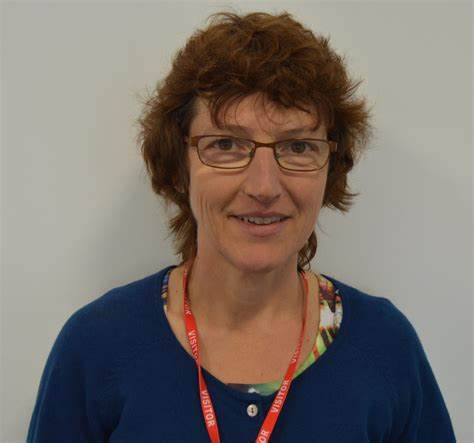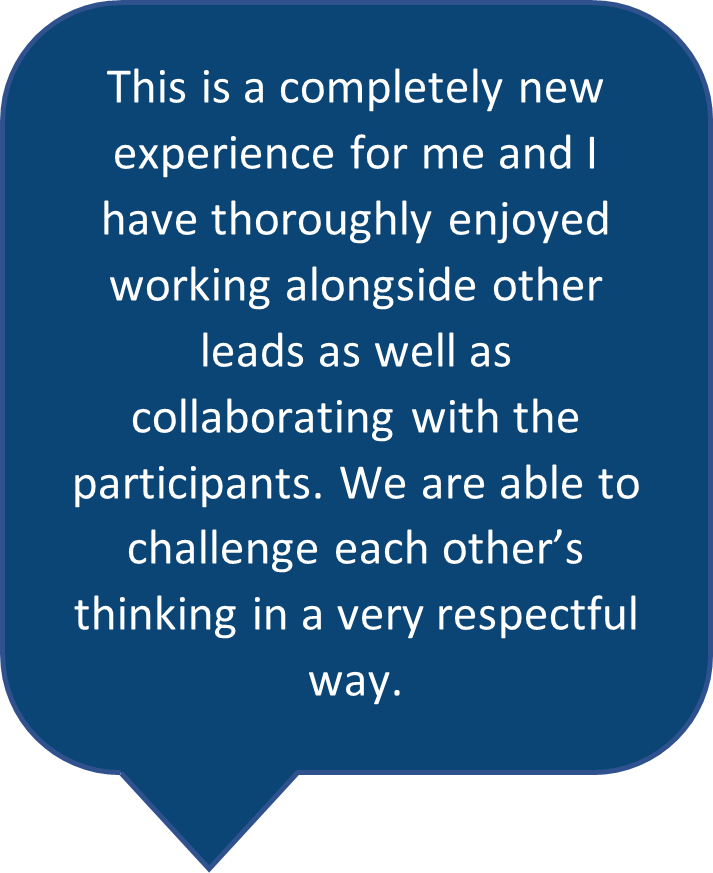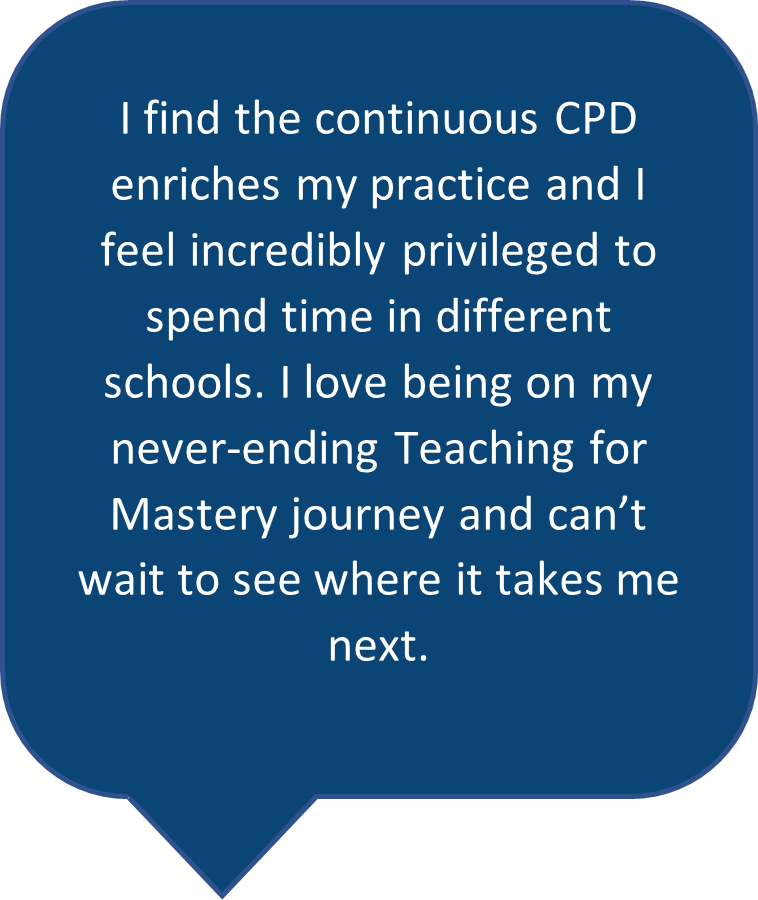Collaboration through maths - Cordelia Myers
 The impact that Maths Hubs are having on teaching and learning is significant, as evidenced in the recent Ofsted review. We are seeing evidence of this in Cambridgeshire and Peterborough.
The impact that Maths Hubs are having on teaching and learning is significant, as evidenced in the recent Ofsted review. We are seeing evidence of this in Cambridgeshire and Peterborough.
Many of our schools are isolated. In the past, teachers rarely engaged with professionals outside of their own school. This was true not only in our city schools, where time and capacity limited the opportunities for teachers to collaborate, but even more so in our rural schools. Yet the evidence for collaboration is strong.
“The fact that we must collaborate is no longer contentious .. even if it is sometimes challenging to implement …professional collaboration .. improves student learning” (Hargreaves, 2018, p2)1
“To become a fully self-led system… improving the life chances of all young people, we believe peer review and collaborative working must be the norm, not an exception.” (NAHT, 2019)2
Over the last five years, the Maths Hub has facilitated the increased engagement in collaborative maths professional development: over 90% of Cambridgeshire and Peterborough schools have engaged, many year after year. The model is one of developing collaborative professional communities. Teachers engage in “push and pull”3 conversations and seek to explore difficult ideas enabling them to teach more effectively. The leaders of these work groups are based in schools: almost all are teachers (some are senior leaders). The groups bring experiences from a variety of settings and, as teachers share and learn from one another, it is increasingly evident that the expertise and passion for improving what happens in our schools rests within our schools. Allen & Sims write: "Learning from peers is the single most important characteristic of schools that manage to sustain growth in teacher expertise"4.
Across education, we are struggling with capacity. It is more difficult than ever for teachers to leave their classes to lead or attend professional development. However, we are certain (because teachers tell us) that the collaborative, supportive environment created within our work groups is helping to retain teachers. I have lost count of the number of teachers who have told me they remain in the profession because of the challenge and support they have found in the Maths Hub. How often in schools can teachers just stop and think and have challenging conversations about curriculum or pedagogy? We seek to create this space within the work group and teachers appreciate the opportunity to grow, deepen their thinking and hone their skills.
Some feedback from those experiencing a Maths Hub work group:



Kerran Harwood, COO of Spirit Federation of primary schools writes:
The impact of engaging fully with the Maths Hub cannot be underestimated across our group of schools. Since 2017, we have sent different colleagues on various programmes for teachers and TAs; have fully invested in the delivery of Mastering Number in EYFS, Y1 and Y2 as well as the new KS2 Mastering Number. All our schools are currently on the sustaining stage of Teaching for Mastery and our maths lead is a Mastery Specialist. Last year's end of KS2 maths results were our best ever with 92%, 96% and 97% ARE as well as an impressive number of pupils reaching the greater depth standard. We believe that this would not have been possible without the excellent professional development provided by the Maths Hub as well as leaders being completely committed to the programmes. As someone who also delivers programmes for the Maths Hub and supports schools at the start of their Teaching for Mastery journey, I cannot speak highly enough of how working with the Maths Hub has developed my own system leadership and deep understanding of the pedagogy involved. We are seeing excellent outcomes over time due to the mastery principles being embedded across the whole school.
Andy Daly, Meridian Trust Executive Principal writes:
As a Trust, Meridian has engaged strategically and comprehensively in the work of the Maths Hub, interweaving the mastery and work group approaches into our core offer. Our Trust Maths leads contribute time to the leadership of the Maths Hub. The leadership of work groups is strong succession planning for other maths leaders in the Trust. They develop the skills to bring together diverse groups of maths leaders and work towards collectively enhancing the curriculum and pedagogy in their schools and across the Trust. Our maths curriculum has been written and developed over time to incorporate the mastery approach. The work on curriculum, assessment and collaboration has paid significant dividends with attainment and progress in maths being very strong across the Trust. This has contributed to the delivery of a maths progress score of +0.2 across the Trust.
Engaging with the Hub strategically at all levels including in the Maths Hub Strategic Board has led to embedded and in-depth engagement supporting the delivery of maths in all our schools.
Please get in touch if you have a potential work group leader in your school or would like to discuss our new collaboration with the Cambridgeshire and Peterborough Teaching School Hub, the NPQ in Leading Primary Mathematics. General info is available here: www.cambridgemathshub.org
Cordelia Myers, Strategic Lead for Cambridge Maths Hub, Cambourne Village College.
References:
1Hargreaves A and O’Connor MT (2018) Leading Collaborative professionalism, Centre for Strategic Education Seminar Series #274, available here
2NAHT (2019), The principles of effective peer to peer review, available here
3Hargreaves and O’Connor (2018) recognise a key lever in moving to collaborative professionalism is a shift ‘from comfortable or contrived conversations to challenging yet respectful dialogue about improvement.’ The opportunity for teachers to engage in deep, meaningful but challenging professional discourse is an observed key feature of existing best practice. It is recognised that such conversations can only take place when trust and relationships have been developed hence the importance of developing these communities over time.
4Allen and Sims 2018, The Teacher Gap
5 In a school with 55% FSM
